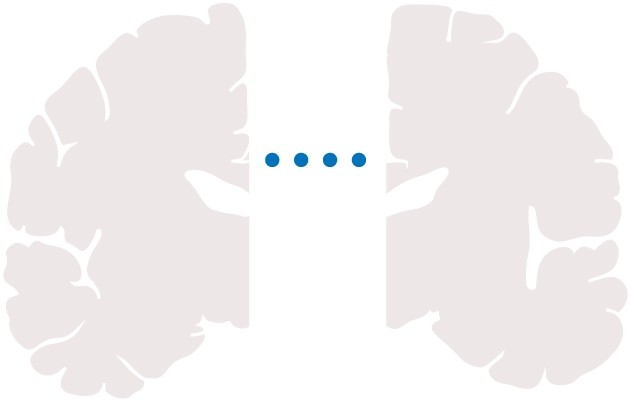Updated to highlight the empirical facts.
1. The only evidence for physicalism is that doing things to the brain affects the mind. This is expected by everyone though, dualists for instance don't say the two aren't connected, it isn't exclusive to physicalism. It also forgets that correlation isn't causation. And the conclusion doesn't even follow, for instance if I break my TV and can't watch the news anymore, my TV still doesn't create the news.
2. We cannot rely on a faith that one day science will show the brain creates the mind.
3. Matter and minds have mutually exclusive properties and so cannot be reduced to each other.
4. Matter is only known through mind so we cannot reduce mind to matter.
5. The existence of consciousness is undoubtable but matter's existence can be doubted, so the first cannot reduce to the second.
6. Consciousness also affects the body the same way the body affects consciousness.
7. If we were deterministic mechanical processes we could not have the free will we possess.
8. Evolution doesn't explain how something with properties mutually exclusive to matter can exist.
9. Emergence doesn't explain the relationship between mind and matter because emergent things share properties of what they emerged from. For instance you can both see legs and "running," feel a leg and feel the air as they run by you.
10. Physicalism does not account for the existence of logical or mathematical laws as they are immaterial.
Bonus: Physicalism isn't inherently safe from the problems of some theism, therefore is not socially/practically/etc superior to theism.
1. The only evidence for physicalism is that doing things to the brain affects the mind. This is expected by everyone though, dualists for instance don't say the two aren't connected, it isn't exclusive to physicalism. It also forgets that correlation isn't causation. And the conclusion doesn't even follow, for instance if I break my TV and can't watch the news anymore, my TV still doesn't create the news.
2. We cannot rely on a faith that one day science will show the brain creates the mind.
3. Matter and minds have mutually exclusive properties and so cannot be reduced to each other.
4. Matter is only known through mind so we cannot reduce mind to matter.
5. The existence of consciousness is undoubtable but matter's existence can be doubted, so the first cannot reduce to the second.
6. Consciousness also affects the body the same way the body affects consciousness.
7. If we were deterministic mechanical processes we could not have the free will we possess.
8. Evolution doesn't explain how something with properties mutually exclusive to matter can exist.
9. Emergence doesn't explain the relationship between mind and matter because emergent things share properties of what they emerged from. For instance you can both see legs and "running," feel a leg and feel the air as they run by you.
10. Physicalism does not account for the existence of logical or mathematical laws as they are immaterial.
Bonus: Physicalism isn't inherently safe from the problems of some theism, therefore is not socially/practically/etc superior to theism.
Last edited:


